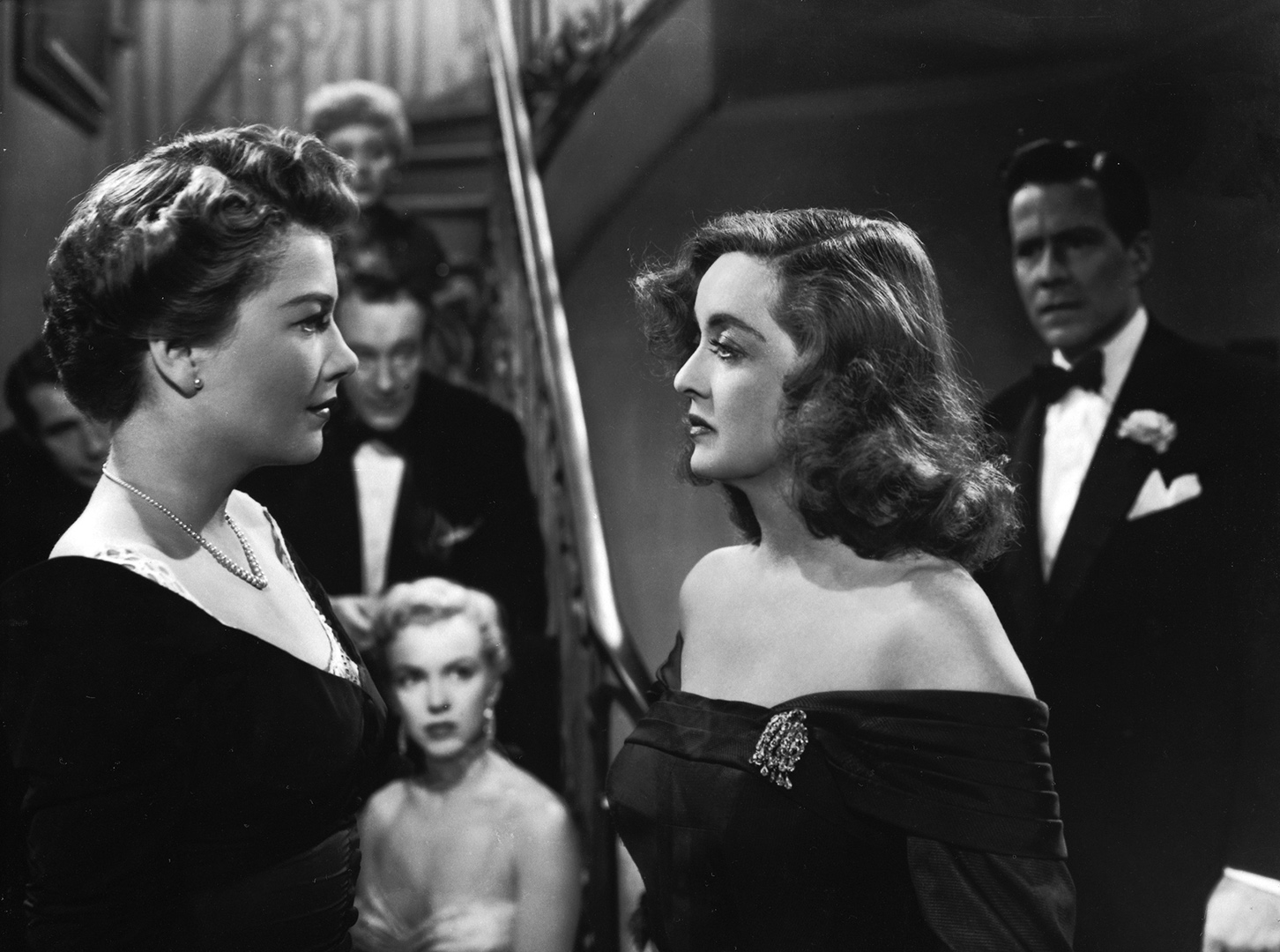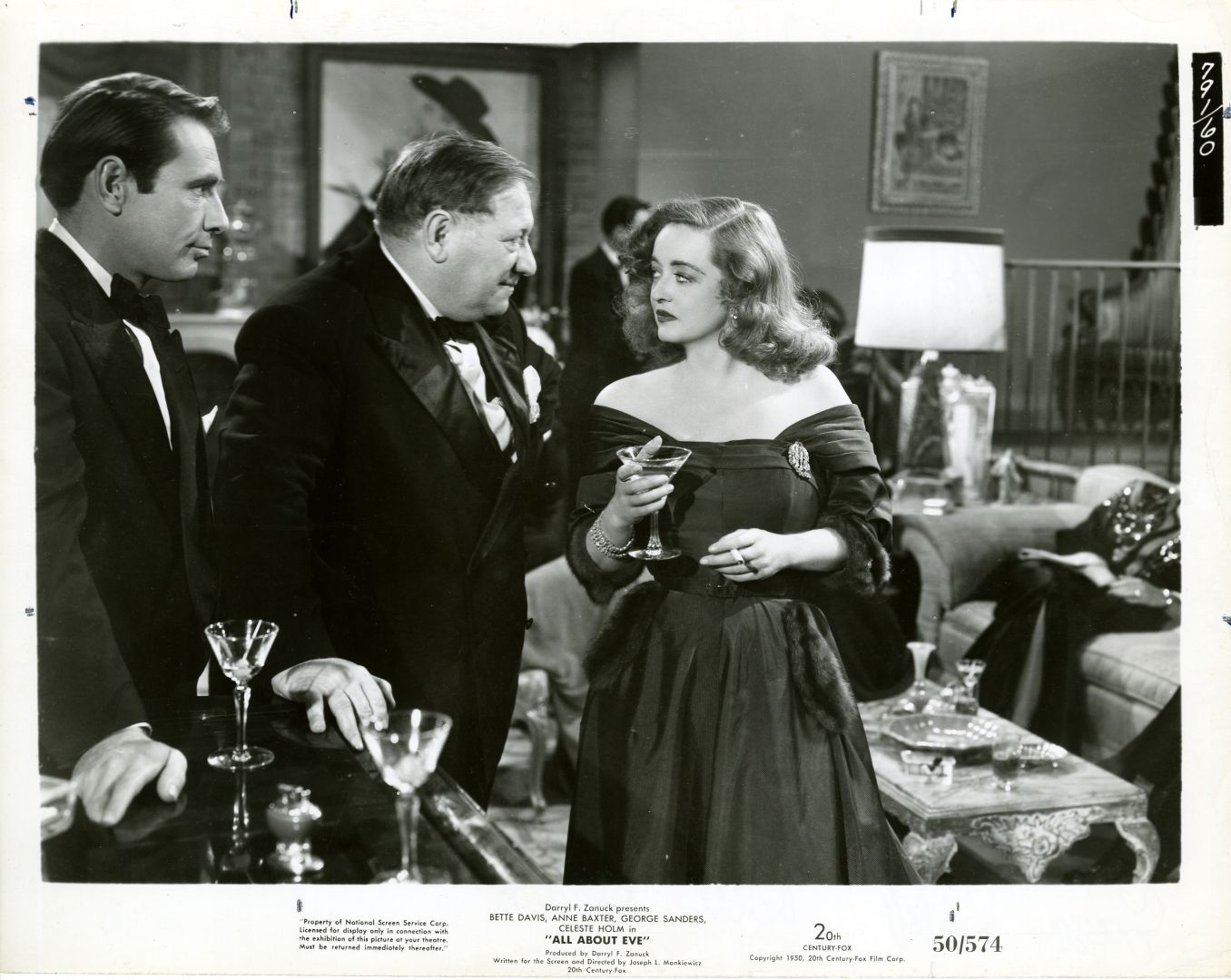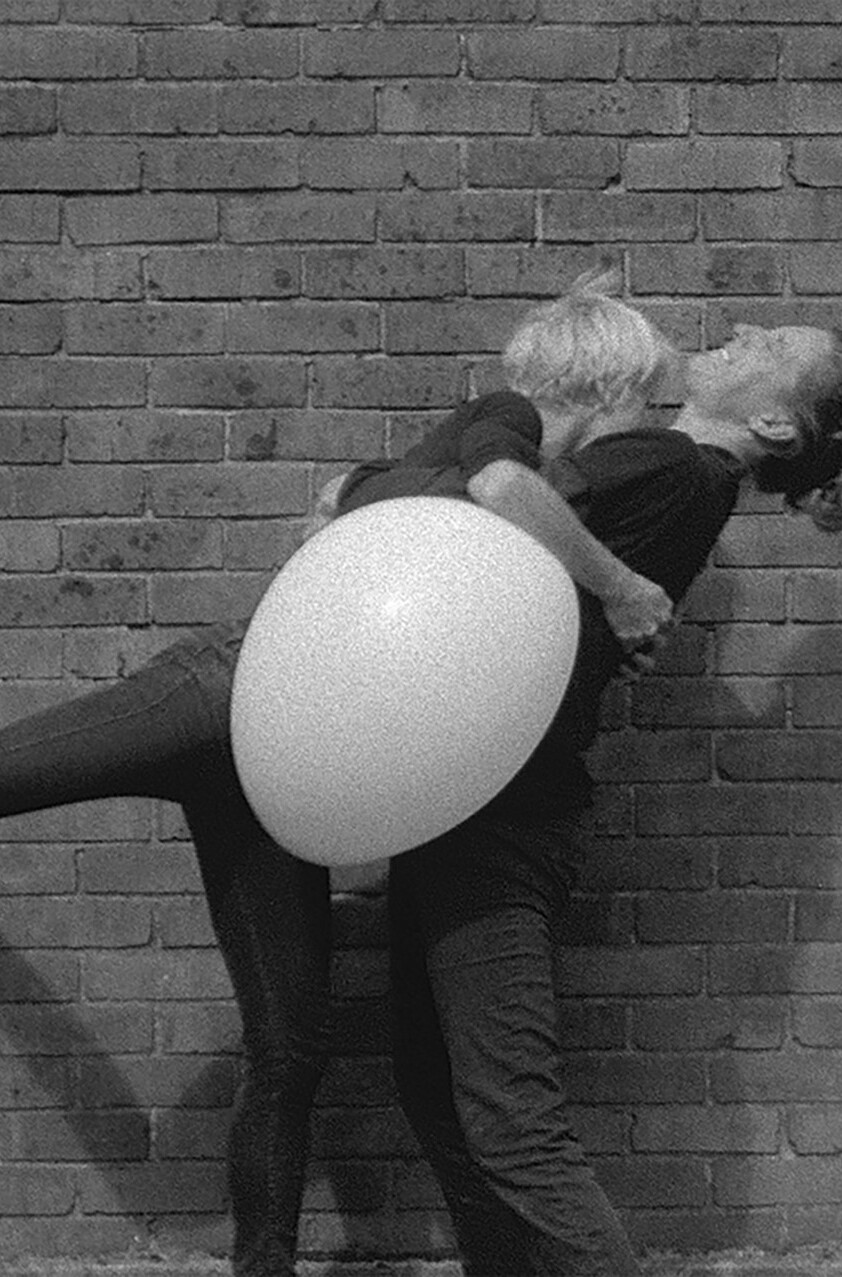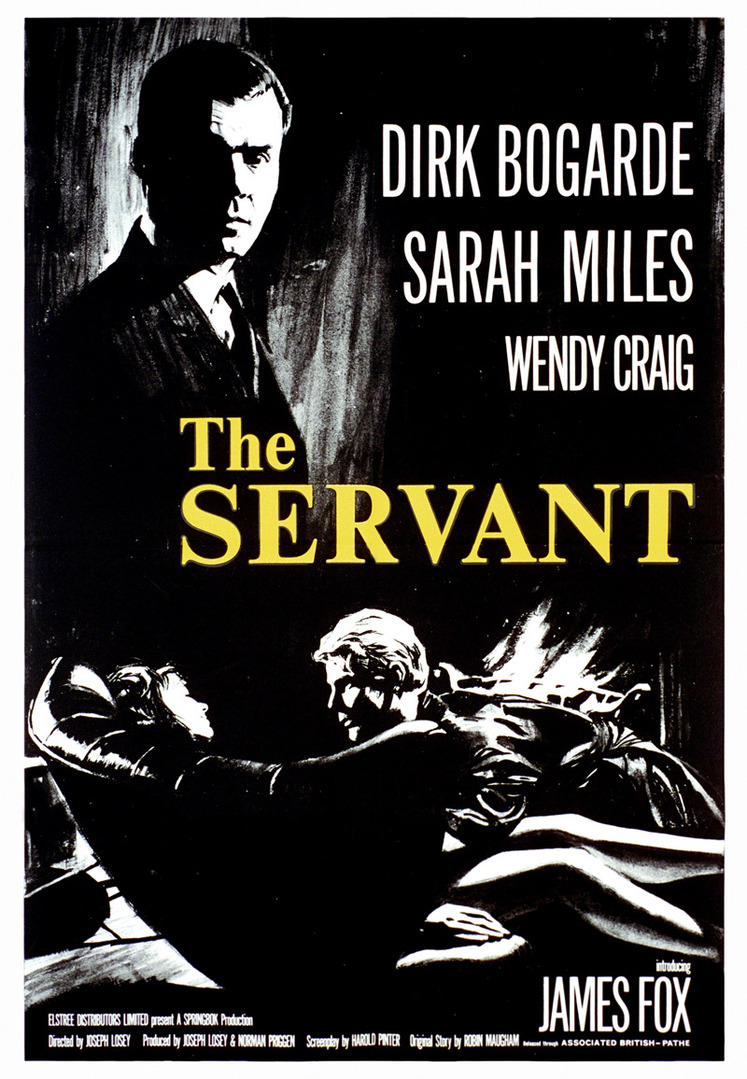All About Eve
Making lists is an activity moviegoers are fond of. Every year, the same ritual: compilation of the ten best films, with comparative analyses, debates, heated discussions. But what about the ultimate list of the most outstanding films in the history of cinema? That is to say, those films that must be seen, those that have forever transformed the art of cinema, but also our way of seeing a culture, of understanding the world as well as our own lives? This program aims to tackle this challenge with nearly eighty films, produced between 1916 and 1960, while waiting for your lists!
As Eve Harrington receives the prestigious award for Best Actress of the Year, Broadway star Margo Channing does not applaud, recalling their meeting and the journey of the one who was once her young protégé.
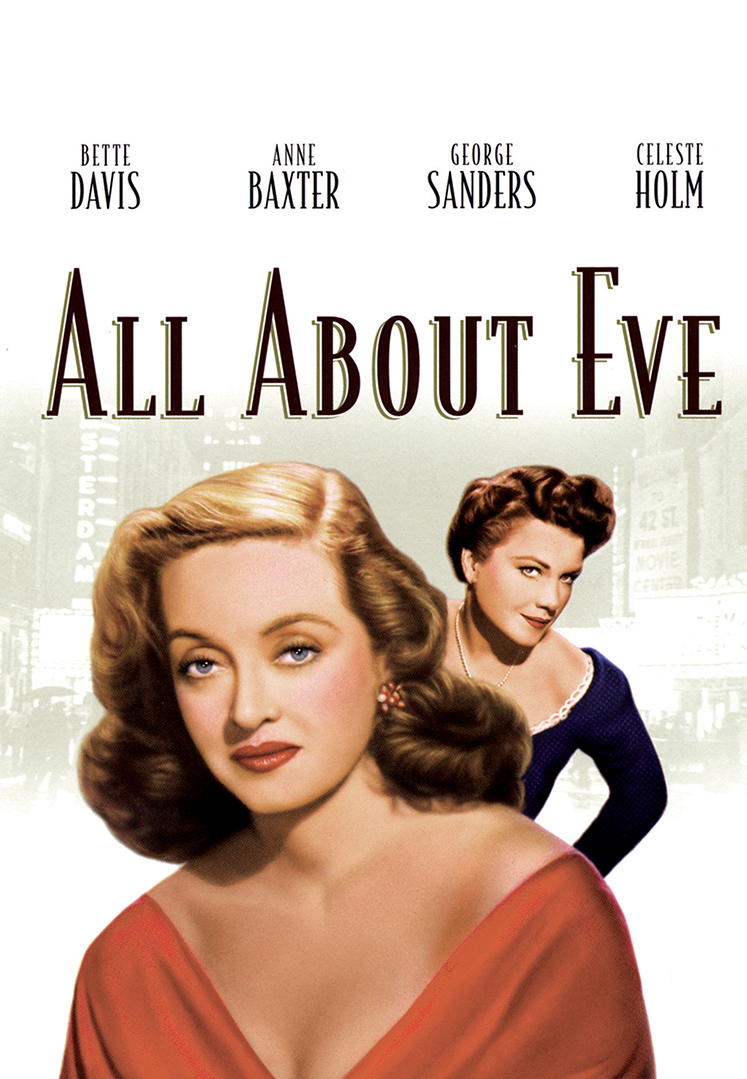
Joseph L. Mankiewicz
Joseph L. Mankiewicz was born in 1909 in Pennsylvania to German immigrants. After studying in the United States and working in the film industry in Germany, he joined his brother Herman, a screenwriter in Hollywood, and began writing a few scripts himself before moving into production. In 1942, he signed his first film as a director when he replaced Ernst Lubitsch on the set of Dragonwyck. Mankiewicz continued to shoot throughout the 1940s and 1950s, making some of the most notable films of those decades: A Letter to Three Wives, All About Eve, Julius Caesar, The Barefoot Contessa, Suddenly, Last Summer... He then agreed to resume shooting the oversized Cleopatra, which consumed him for three years and ended in bitterness. He directed a few more films and then ended his career after a last unanimously acclaimed work, Sleuth, in 1972.

